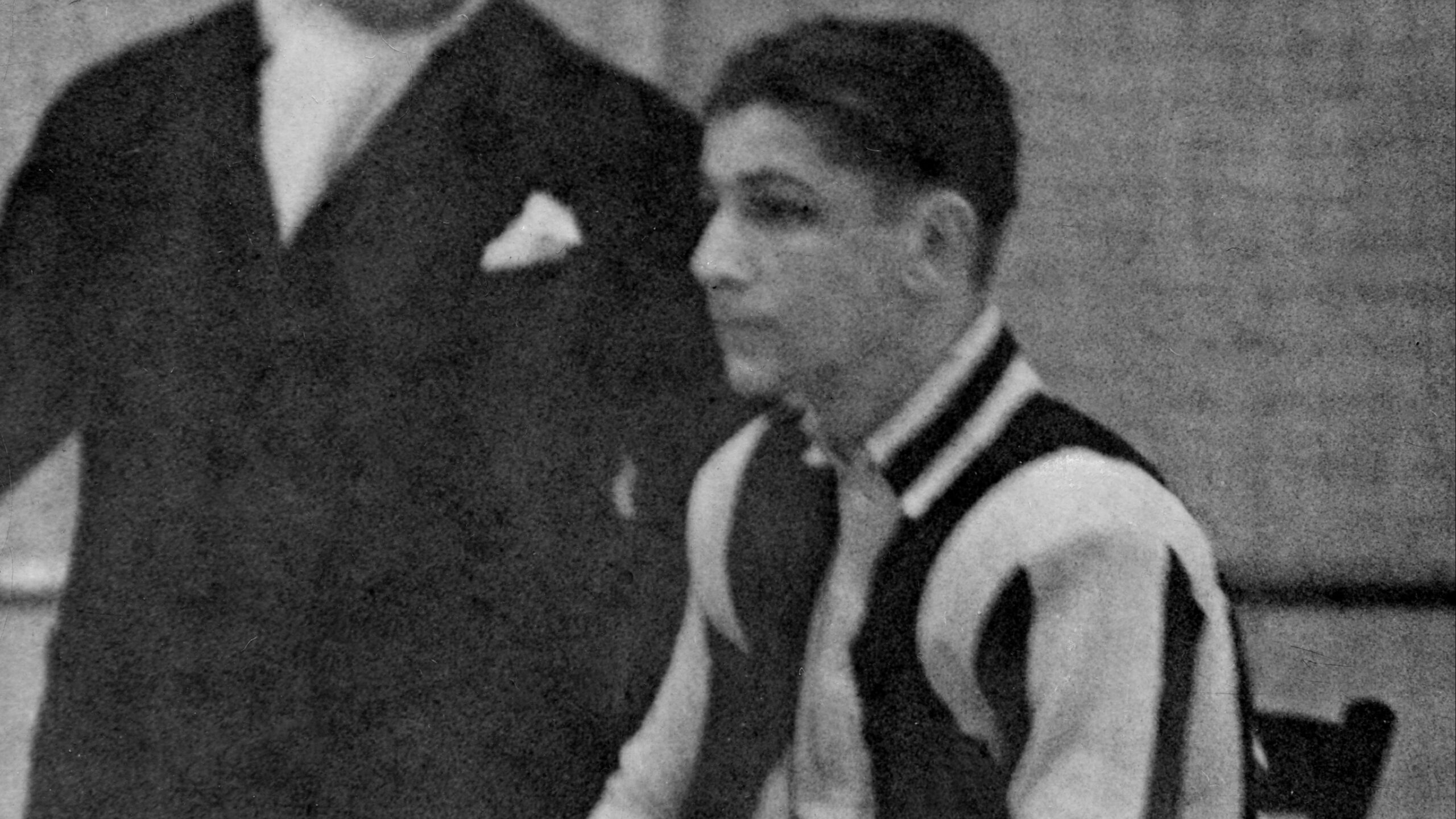
The 1936 Olympic Games were held in Germany, a fact that seems pretty unbelievable considering the country was under the rule of Adolf Hitler. Many athletes chose to boycott aspects of the Games, such as the opening and closing ceremonies.
However, one athlete was in an especially tight spot for an especially sensitive reason. Rudi Ball, widely regarded as one of the country's best hockey players, was also Jewish. As such, the idea of representing Nazi Germany in the Games was unfathomable.
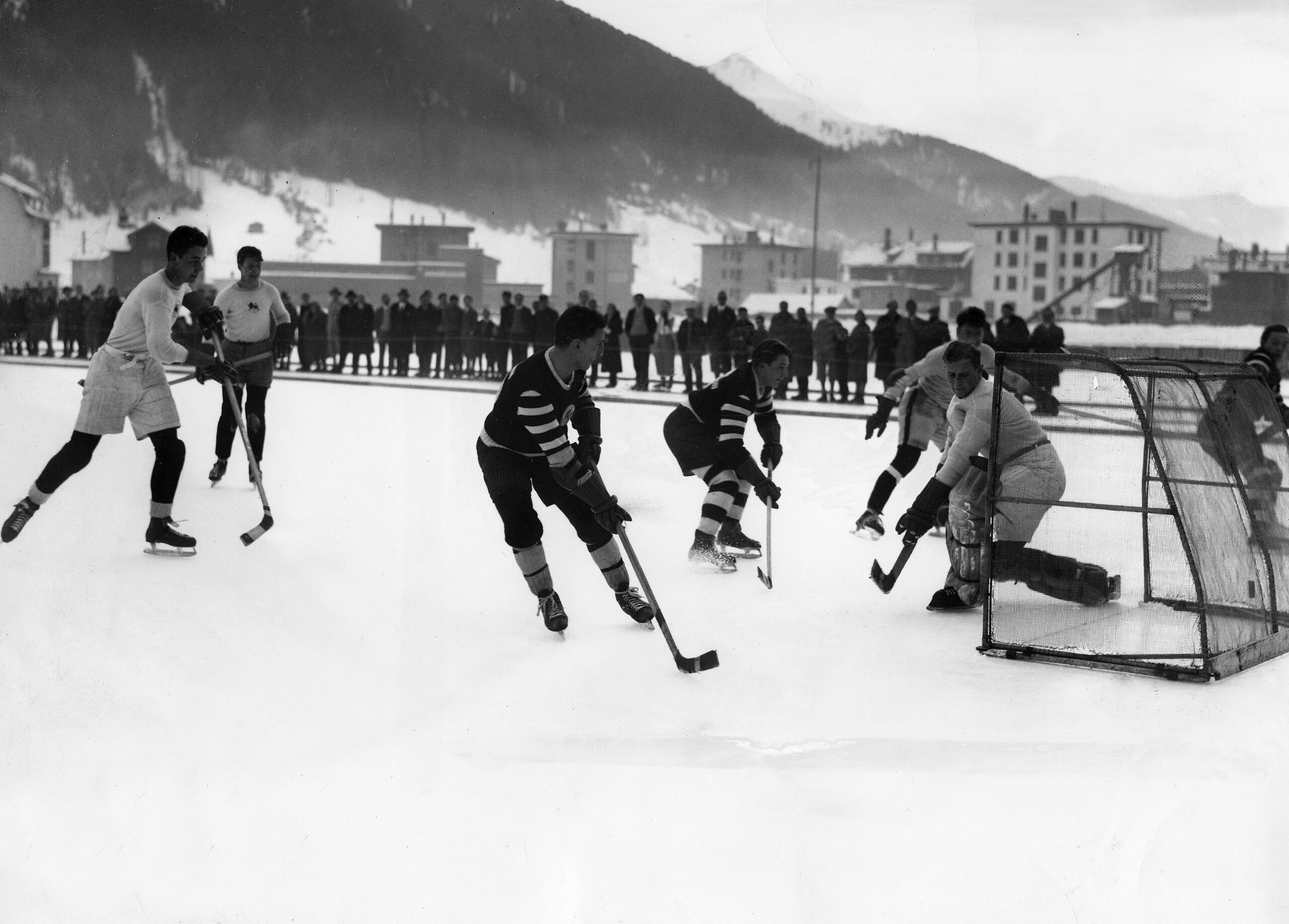
As shared by The Guardian, Rudi Ball was a member of the Berliner SC hockey team between the years of 1928 and 1933, which are also the years the team won the national championships. He also competed for Germany in the Lake Placid Olympics in 1932.
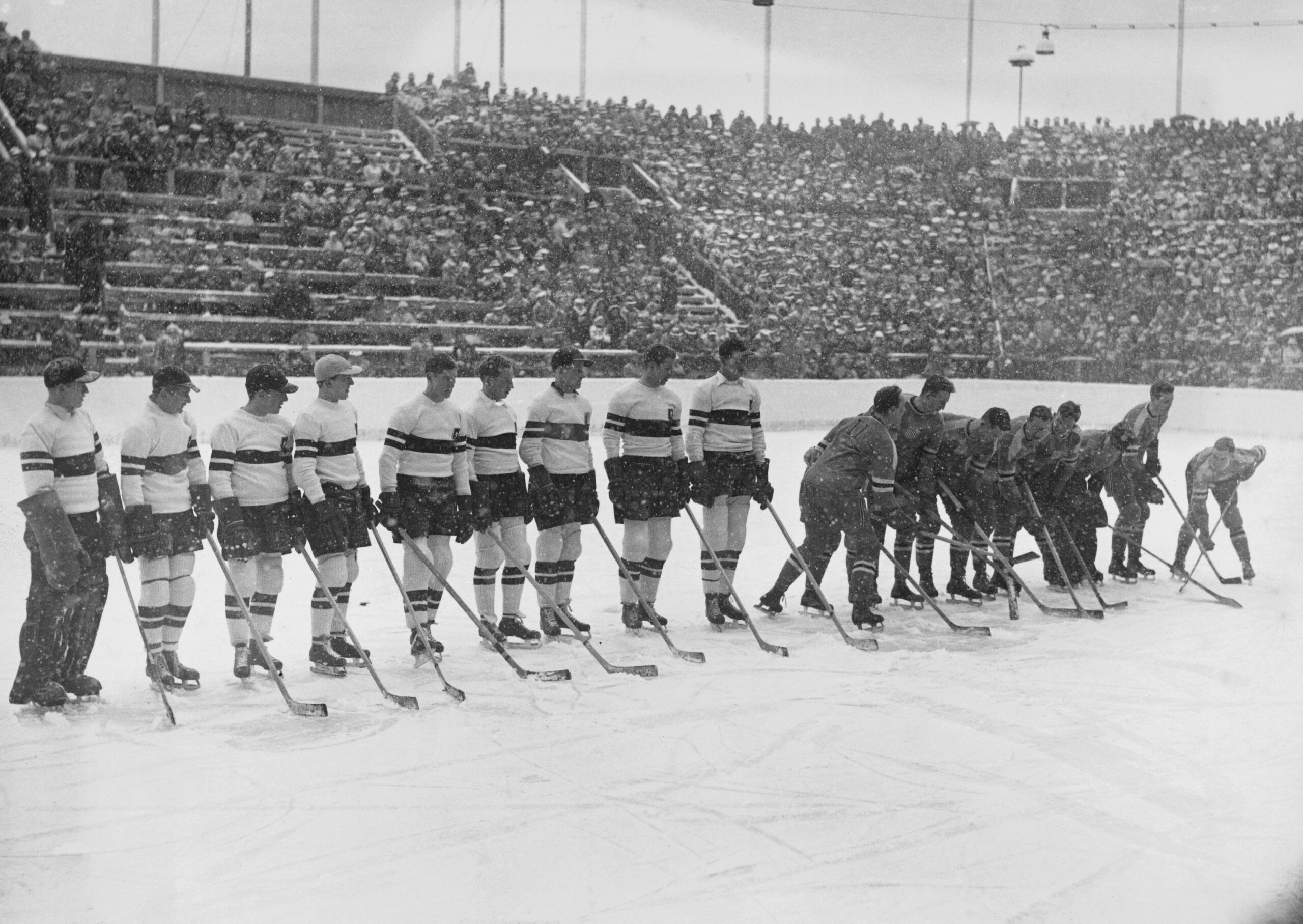
In 1933, Germany announced its new "Aryan Only" policy toward athletes. Rudi ended up moving to Italy, where he played hockey for the Diavoli Rossoneri club. By the time the next Olympics rolled around, he was playing better than he ever had before.
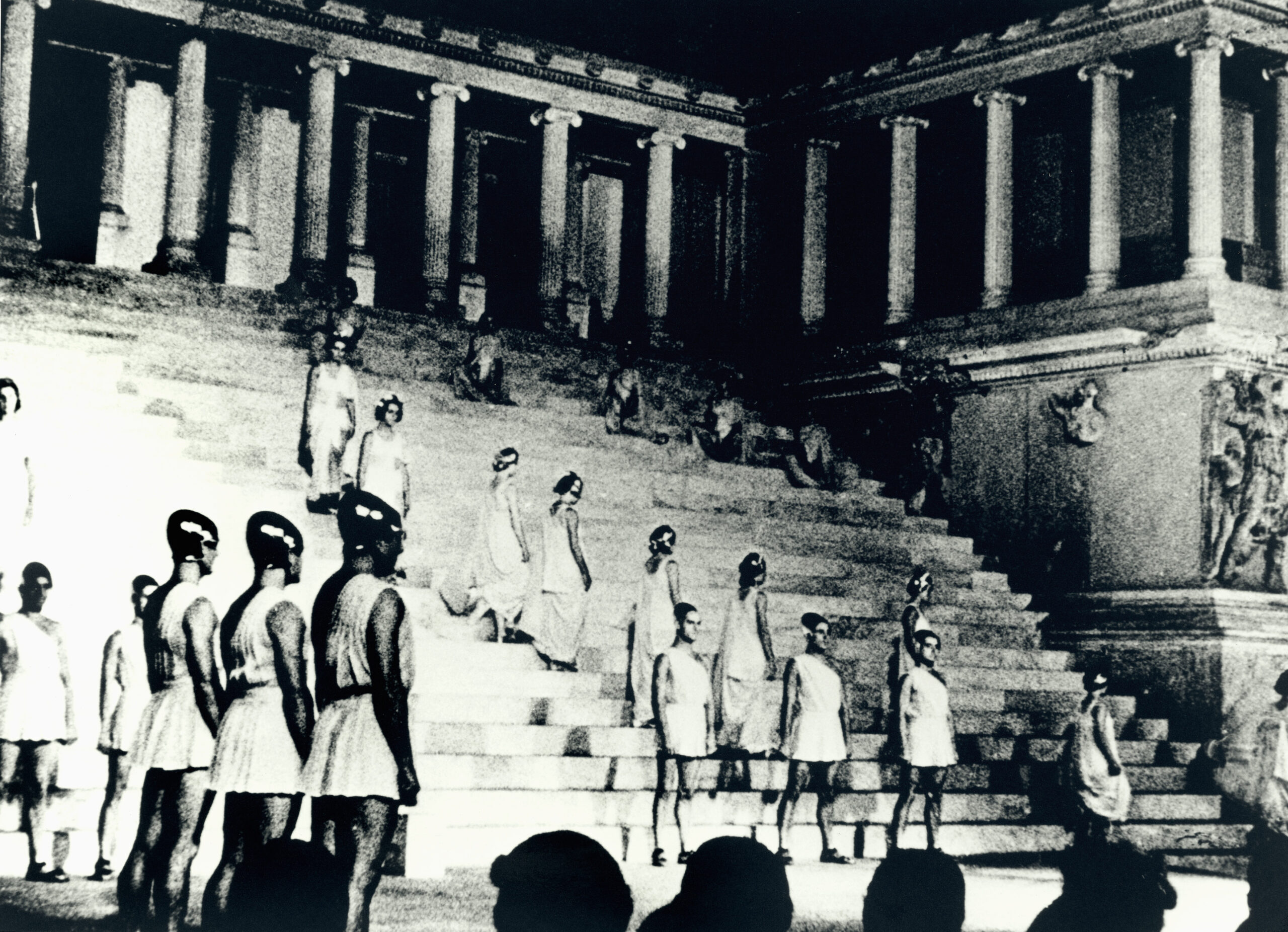
Gustav Jaenecke, the captain of Germany's team, reportedly refused to participate in the Olympics unless Rudi was on the team. The Nazis decided to use the opportunity to attempt to convince the world that things really were OK in Germany.
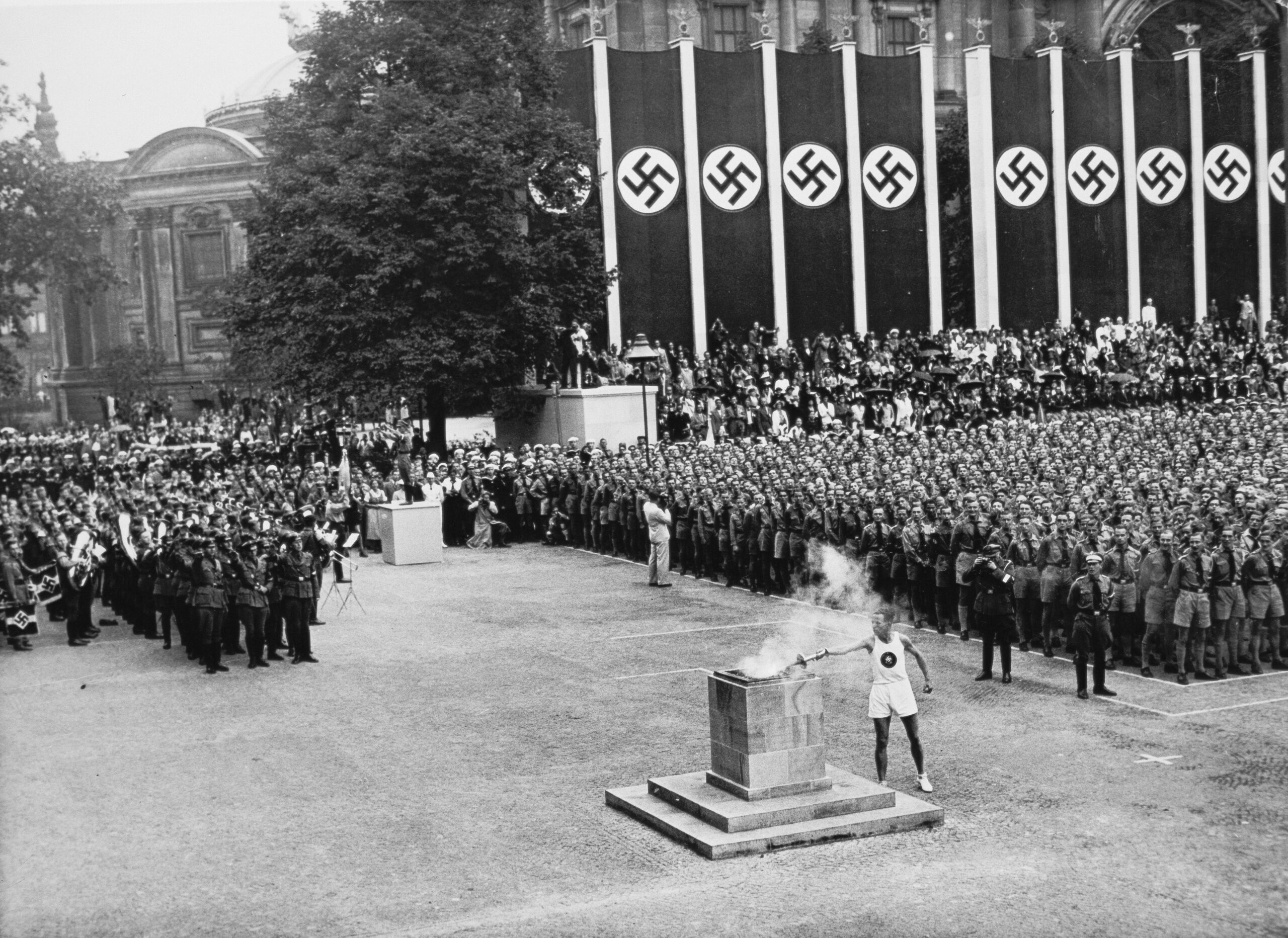
Carl Diem, the secretary general of the German Olympic Committee at the time, told the nation that Rudi would play: "All German athletes who fulfill the Olympic conditions will be welcome. We have already included the Jewish sportsman Rudi Ball as a member of the ice hockey team."
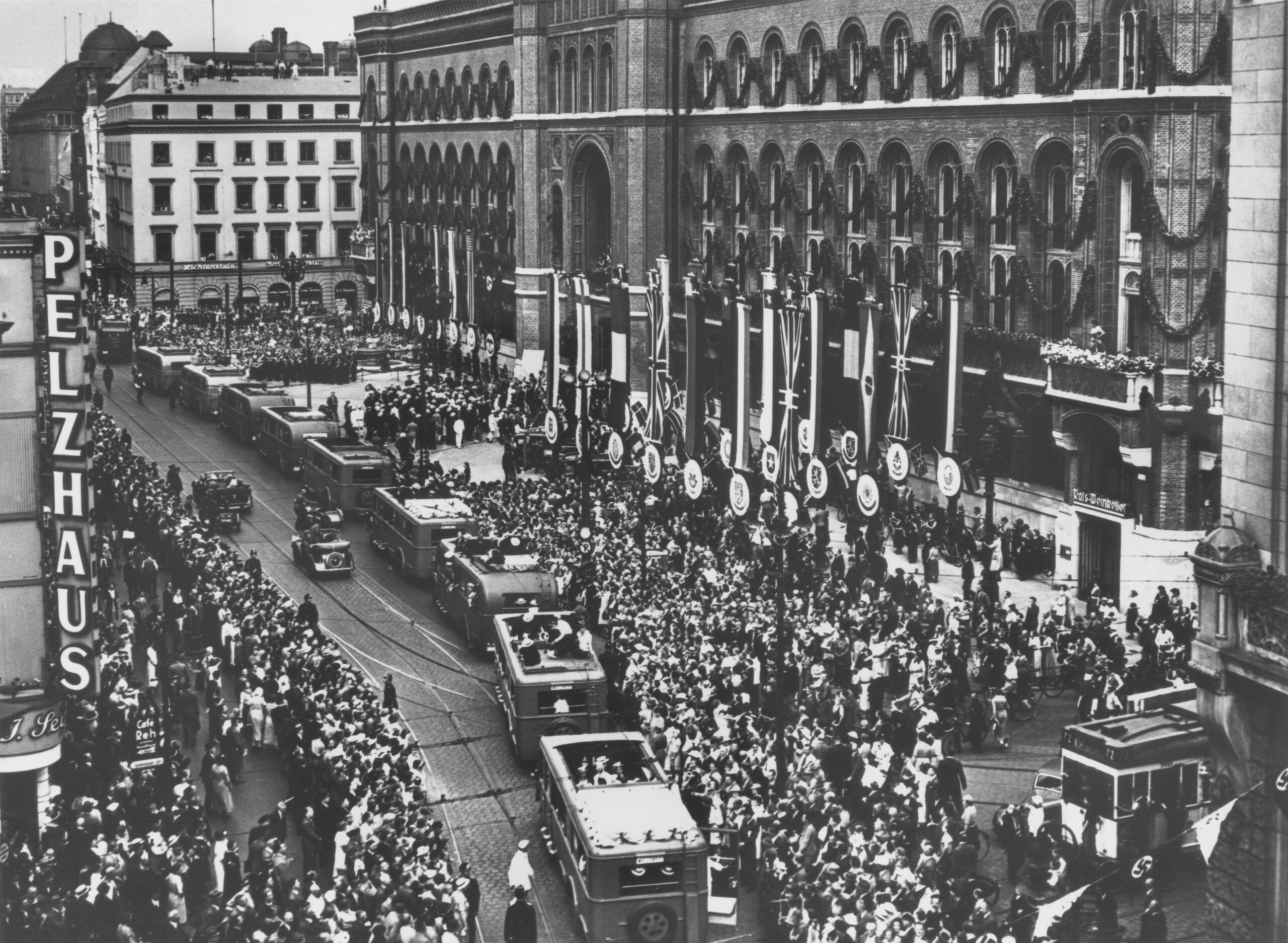
However, many believed that Rudi was being forced to play for Germany. Rudi never confirmed this exactly, though he always made sure to refer to the Germans as "they" (as opposed to "we"), and he later said he worried that refusing to play could have caused more harm to his fellow Jews.
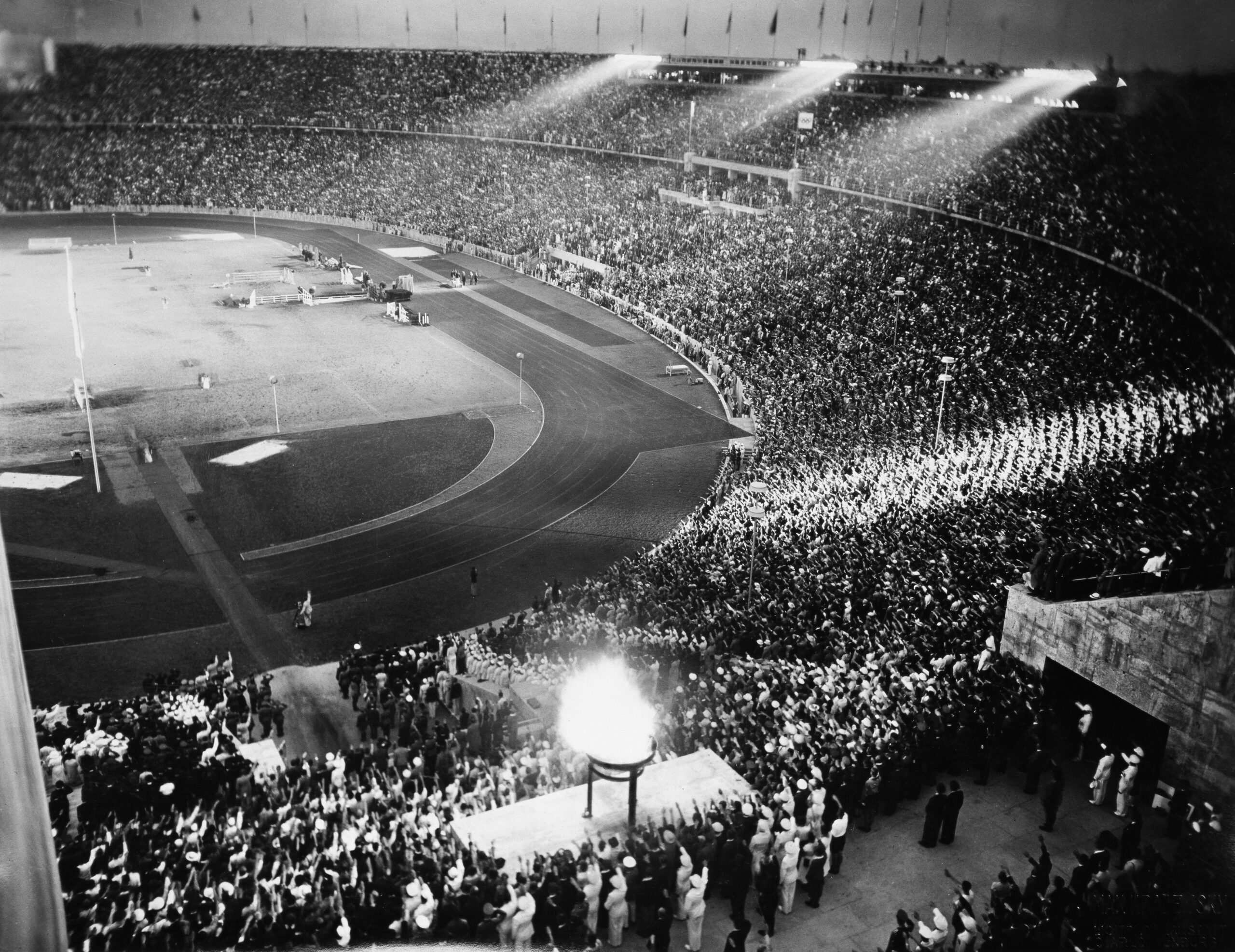
In the end, Rudi played in the Games. Subsequently, it was revealed that his mother and father, who were still in Berlin, were allowed to sail to England and then on to Cape Town, South Africa. They never returned to Germany, and Rudi moved to South Africa as well following the Games.




